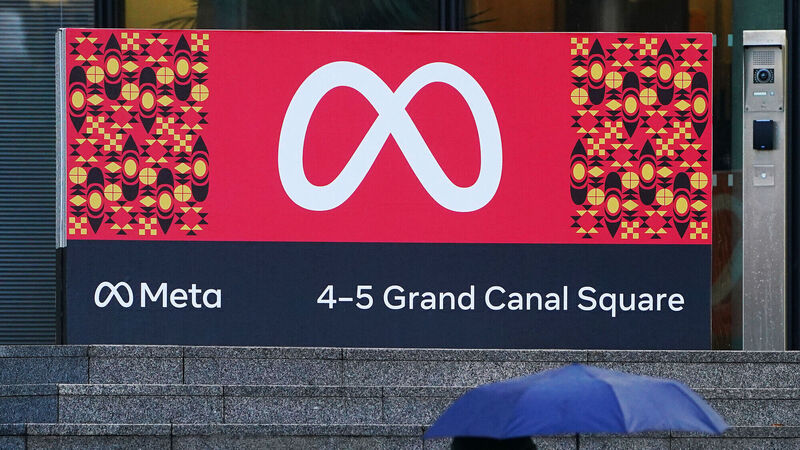Digital Rights Ireland suing Facebook and DPC over data breach

In November, the Data Protection Commission (DPC) fined Meta €265m after a lengthy investigation prompted by reports that a “collated dataset” of user information for 533 million Facebook accounts had been made available on the web. File picture: Brian Lawless/PA
Both Facebook's owner Meta and the Data Protection Commission are being sued by Digital Rights Ireland which claims “justice has been denied” to victims of a massive data breach at the social media giant.
In November, the Data Protection Commission (DPC) fined Meta €265m after a lengthy investigation prompted by reports that a “collated dataset” of user information for 533 million Facebook accounts had been made available on the web.










